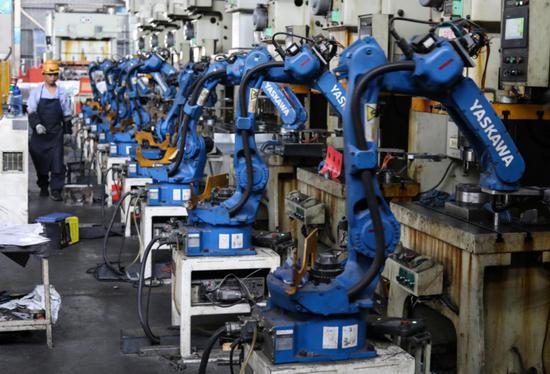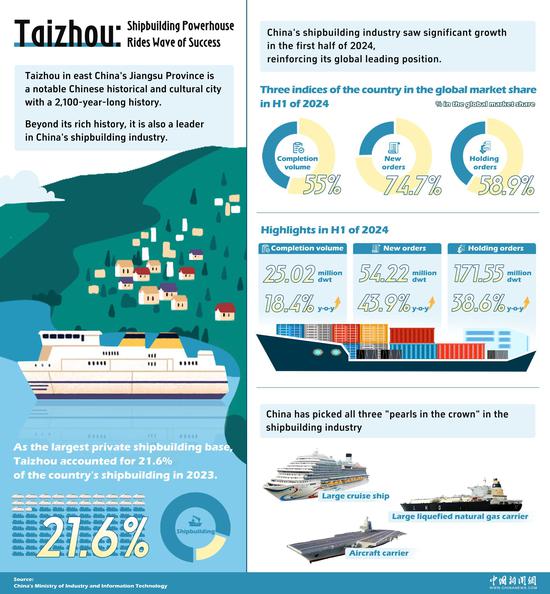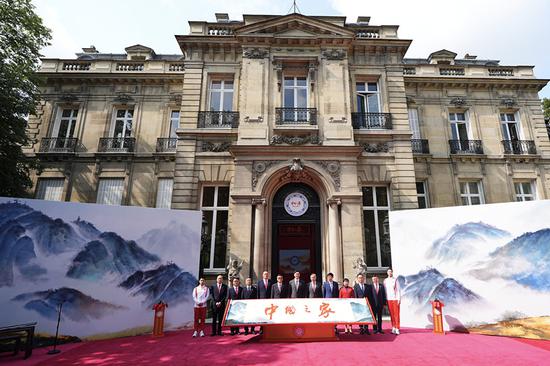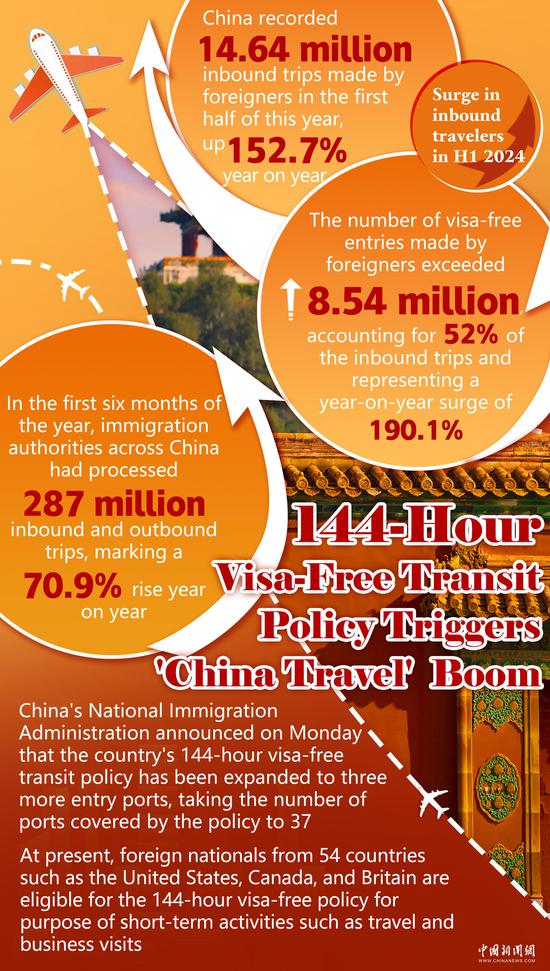
Robot arms are used on the production line of a machinery manufacturing plant in Hefei, Anhui province. (CHEN JIALE/FOR CHINA DAILY)
A report on private economy development of the State Council, China's Cabinet, showed that private companies accounted for 92.3 percent of the country's total number of business entities in 2023, a significant increase from 79.4 percent in 2012.
Luo Zhi, director of the research center for the new private economy at Wuhan University, said in an article that some private companies have a weak sense of gain, as in some regions, the public service system for small and medium-sized enterprises is incomplete, leading to high institutional transaction costs for private enterprises.
Amid such challenges, the anticipated law on the development of the private economy is expected to be "practical, effective and highly operable", said Gao Zicheng, chairman of the All-China Lawyers Association.
Gao suggested that measures to protect and remedy the legal rights of private enterprises should be included in a separate chapter. So should be separate measures to guide mechanisms for law enforcement, inspections and assessments of the private economy.
"More detailed measures include implementing tax policies that benefit small and micro-sized private enterprises, like deferred, reduced or exempted corporate income tax and value-added tax for eligible enterprises to reduce the burden on those private enterprises," Gao said.
He further suggested that the share of private enterprises in government procurement should be increased through measures like setting procurement demand standards, reserving procurement quotas, price evaluation discounts and priority procurement.
Over the past decade, the import and export volume of private enterprises increased by an average 11.1 percent annually, and private firms accounted for around half of the country's total imports and exports. Since 2019, private enterprises have become the largest foreign trade entities in China, the report said.


















































 京公网安备 11010202009201号
京公网安备 11010202009201号